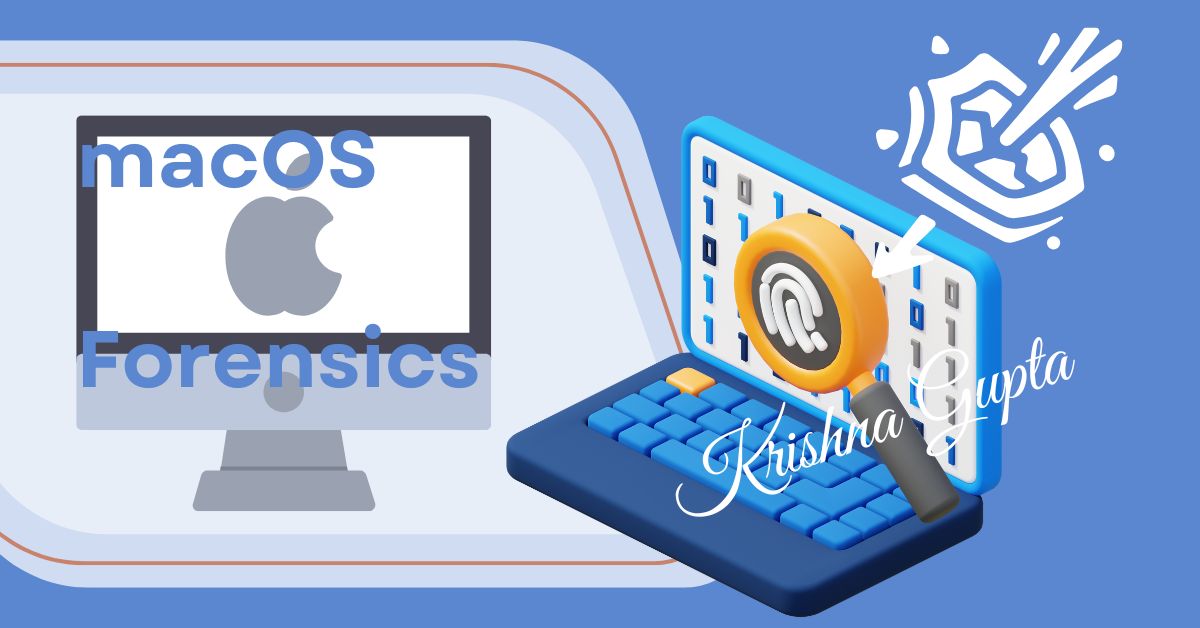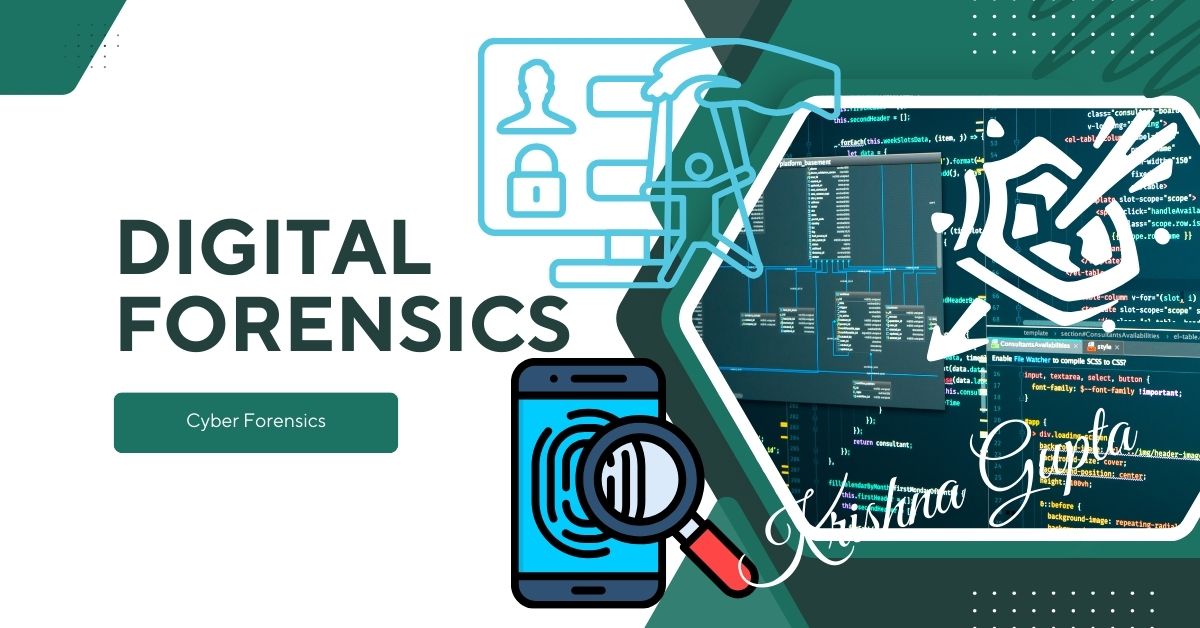Continuous Threat and Exposure Management: An Exhaustive Exploration
In an era of rapid technological change, cyber risk remains one of the foremost concerns for organisations. Traditional point-in-time security assessments—such as annual penetration tests or quarterly vulnerability scans—fail to keep pace with the dynamic threat landscape, leaving enterprises exposed to novel attack vectors. Continuous Threat and Exposure Management (CTEM) has emerged as a holistic framework that consolidates multiple security disciplines into an ongoing lifecycle, enabling organisations to detect, prioritise and remediate risks in real time.




